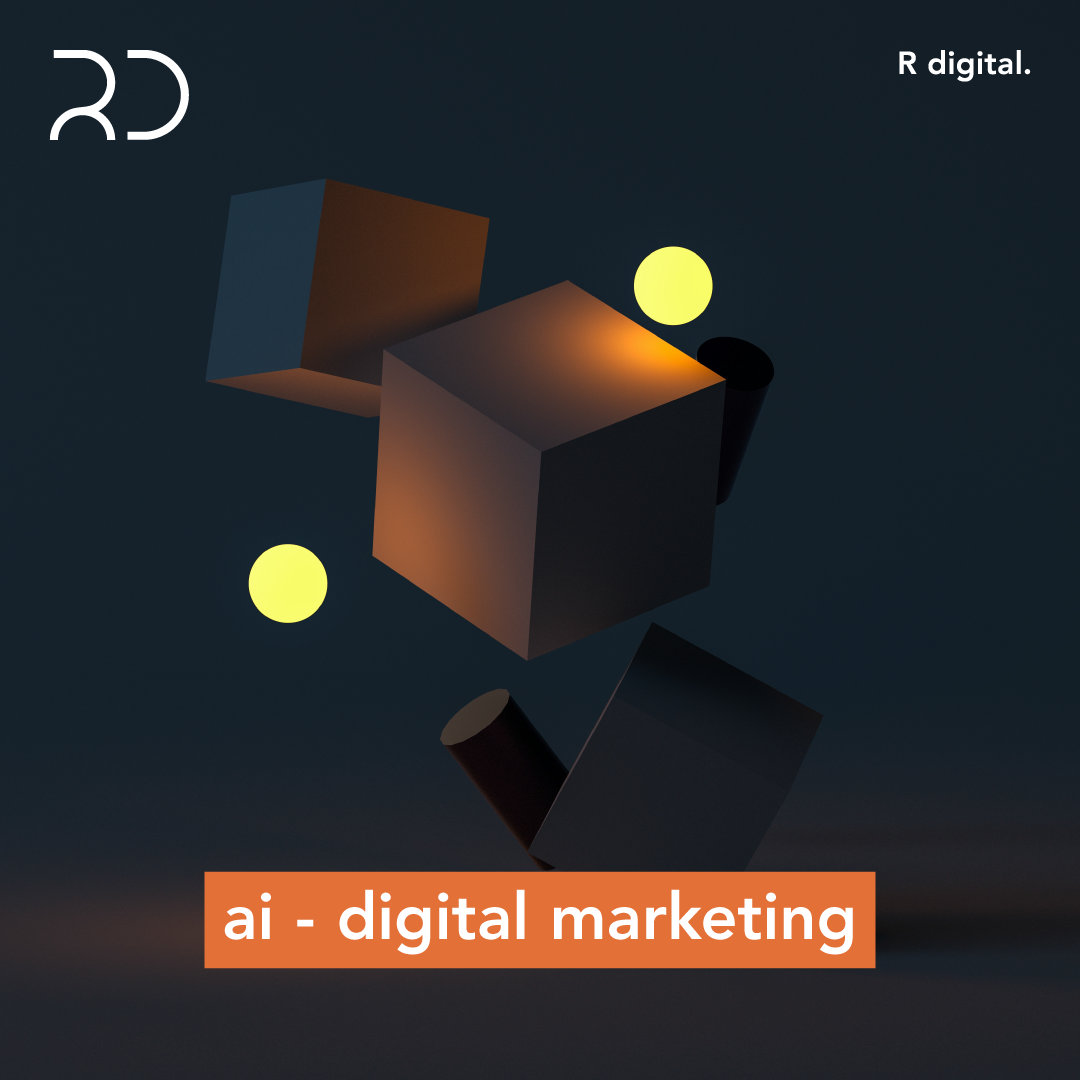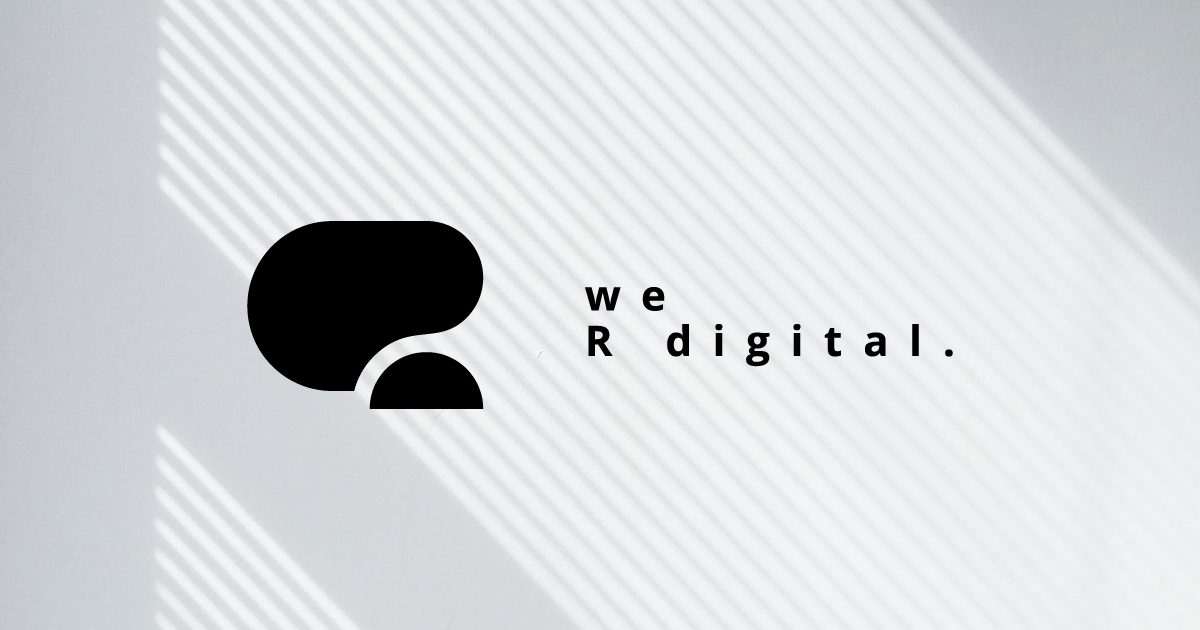Top Website Design Styles Every Company Should Know
In the current digital-first earth, a website provides while the cornerstone of a brand's on the web presence. More than just an electronic digital brochure, a digital agency plays a pivotal position in shaping individual experience and driving conversions. Corporations that prioritize thoughtful Website Design can cause meaningful relationships, maintain guests, and ultimately increase revenue. A well-designed Website confirms confidence as soon as people area on a page. Aesthetic charm, intuitive navigation, and cohesive branding are important elements that donate to a confident first impression. When readers can efficiently find information and sense comfortable in the site's professionalism, they're more prone to engage and convert. Conversely, cluttered layouts, slow-loading pages, or unpredictable Design components may irritate customers, resulting in large rebound charges and missing opportunities.

Individual knowledge (UX) stretches beyond aesthetics. Receptive Design, accessibility, and cellular optimization are important in ensuring that every visitor, regardless of product or capacity, may interact easily with the site. Portable consumers, particularly, symbolize a growing percentage of online traffic. A website that is not enhanced for smartphones and capsules risks alienating a significant audience, adversely affecting both proposal and conversions. Clear calls-to-action (CTAs) and strategically structured content further increase conversion rates. Successful Website Design manuals consumers through the intended trip, from awareness to decision-making. Innovative keeping of CTAs, readable typography, and creatively unique keys inspire guests to take preferred measures, whether it's making a purchase, submitting a form, or subscribing to a newsletter.

Moreover, Website Design influences observed reliability and manufacturer identity. Regular color schemes, professional symbolism, and coherent message reinforce the brand's prices and expertise. Guests who understand a site as trusted are more likely to confidence the information and interact with the choices, directly impacting transformation rates. In conclusion, Website Design is far more than surface-level aesthetics; it's an ideal instrument that forms consumer experience and pushes business outcomes. By focusing on instinctive navigation, sensitive designs, accessibility, and persuasive Design elements, organizations can produce a smooth knowledge that attracts, engages, and switches visitors. Investing in clever Website Design is, therefore, an expense in long-term growth and maintained success.